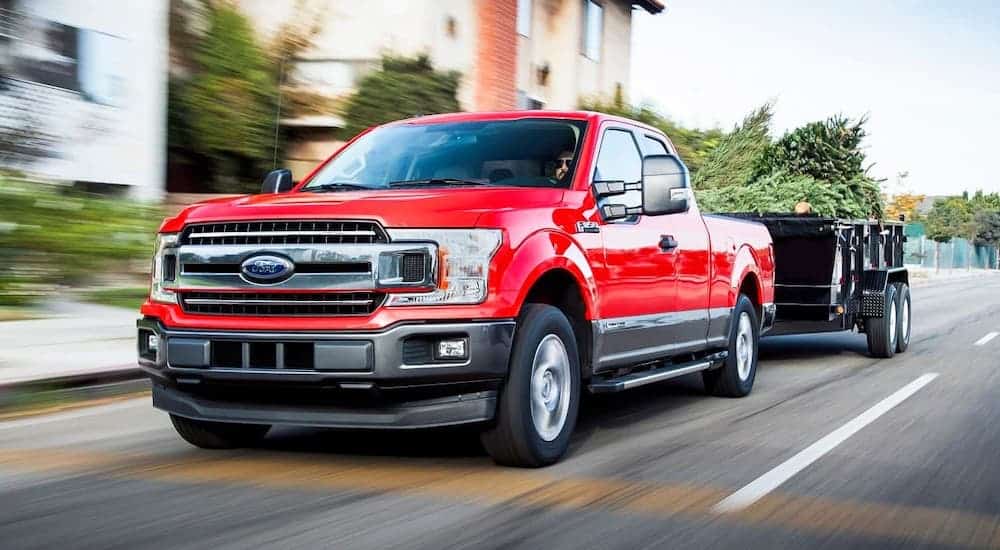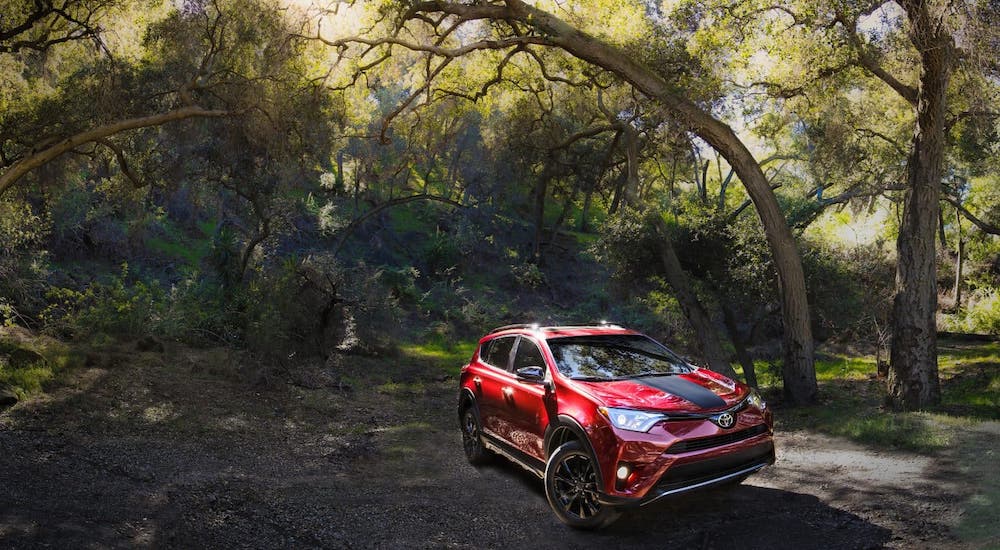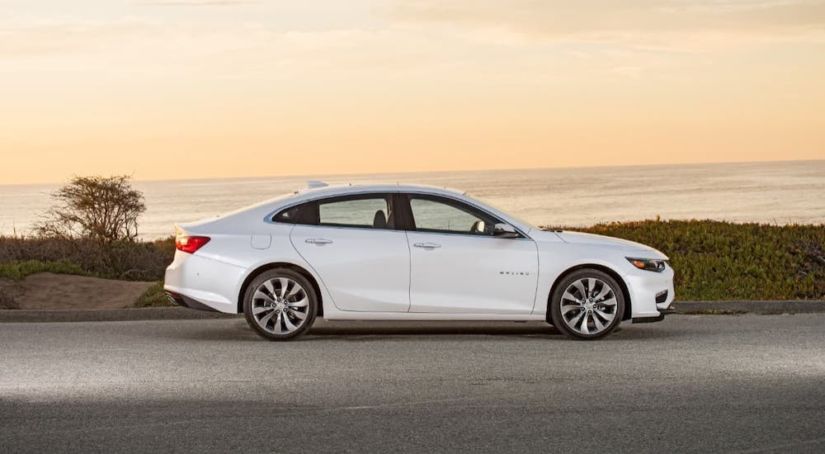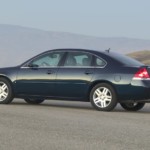When buying a car, should you go for something new or settle for something used? This is a timeless question, and both sides of the debate have compelling arguments. On the one hand, advocates of new cars will point to their factory support, more modern features, and known history. But on the other hand, advocates of used cars will highlight their much lower price tags. In truth, both sides have valid points, and determining whether it is better to buy new or purchase something used is mostly a matter of your budget and requirements.
If you have specific requirements for your next car, truck, or SUV that can only be met by a new vehicle, then that is obviously the best choice. Of course, you may instead have specific requirements that can only be met by a now discontinued vehicle, requiring you to buy used. If you do not have the budget for a new car, then you will also obviously need to buy a used vehicle. However, modern leasing options now provide the opportunity to afford a new car for significantly less money.
The Advantages of New Cars
Buying a new car comes with two very obvious benefits over buying a used car. First, you are getting the most modern car available. Second, you are getting a car fresh from the factory. These advantages are both extremely valuable and make a new car physically superior to a used car, but deciding whether these advantages are worth the higher cost that comes with buying a new car is up to you.
A new car is an opportunity to experience all the most advanced technology and features available. In the modern world, technology advances rather quickly from year to year. On average, each generation of a car model will only last around five years, and it will usually receive a major refresh halfway through the generation as well as minor updates every year. Furthermore, these updates are usually far more than cosmetic changes and can include important improvements to performance, safety, and comfort. Modern active safety technologies and infotainment systems, in particular, are getting better every year, making a new car an attractive proposition.
But even before the days of putting advanced computers in cars, a new car was valued for its fresh mechanical condition and factory support. When you buy a new car, you know exactly what you are getting into, and there is zero chance that a previous owner abused the vehicle. Furthermore, in the unlikely event that your new car has any mechanical issues, they will be covered under the factory warranties. This peace of mind makes owning a new car a much easier experience. The factory-fresh condition of a new car also means that you will be able to get a much longer life out of it than you would be able to get out of a used car that has already had miles put on it by a previous owner.

The Advantages of Used Cars
While a new car will be mechanically superior to a comparable used car, the used car will always be cheaper. Cars are depreciating assets and quickly lose their initial value, making a used car a much more affordable option. Because most of that depreciation occurs over the first couple of years of a car’s life, a used car will also retain far more of its value than a new car will. This means that when it comes time to trade in your used car, you will get more of your money back than the original owner did. Finally, because older cars are worth less, they also cost less to insure. Altogether, this means that if you are looking to save money, a used car is clearly better than a new car.
However, buying a used car may not always be about spending less money. Even if you have the money to buy a new car, you may want to upgrade to a better model of used car. For instance, instead of buying a new Toyota RAV4 you might instead be able to find a used Lexus NX 300 for the same price. This way of buying a used car actually flips one of the advantages of a new car on its head, since a basic new car will often have fewer and less advanced features than a more luxurious used car.
Finally, buying a used car allows you to choose from a much larger array of makes and models. While newer cars will be more advanced, there is often something to be said for older designs. There are lots of interesting discontinued cars out there that might perfectly fit your needs even if they were not popular enough to remain in production. This is particularly true if you are interested in sedans and hatchbacks since many manufacturers have been trimming their car models in favor of more trucks and SUVs.
So while the primary advantage of a used car is its lower price, that should not be interpreted to mean that a used car will always be nothing more than a cheaper and simpler alternative. In fact, depending on what you are looking for, your preferred used car might even be more expensive and more capable than the modern alternative.

How to Choose Between New and Used
Both new and used cars offer their own advantages and disadvantages, and it is impossible to definitively state that one is better than the other. In order to determine which one is best for you, start by figuring out exactly what you want and need from your next car. As you lay out your list of requirements and desires, you might quickly find yourself leaning towards either new or used cars. However, it is important to be honest with yourself during this stage rather than simply listing the features of your favorite car.
Setting your budget will probably be the single most important factor in determining whether you should purchase a new car or buy a used car. If you have limited funds available or are just trying to cut down on unneeded expenses, then a used car will definitely be the better option. This is particularly true if you require a higher performance vehicle such as a full-size SUV or a pickup truck, as these classes of vehicle have much higher price tags. However, if you are not looking for anything more than basic transportation and can accept minimal performance and features, then there are some remarkably cheap new cars available.
The most important factor in buying a car is to simply be flexible. Once you have a list of hard requirements, consider everything that meets them no matter how far it may be from the car you originally imagined. Test drive both new cars and used cars, and figure out exactly what you want from your next vehicle. There are lots of options out there, and you should never avoid a promising car simply because it is used or new. In the end, the relative advantages of a new car vs a used car matter far less than finding a car, truck, or SUV that fits your personal needs and desires.



